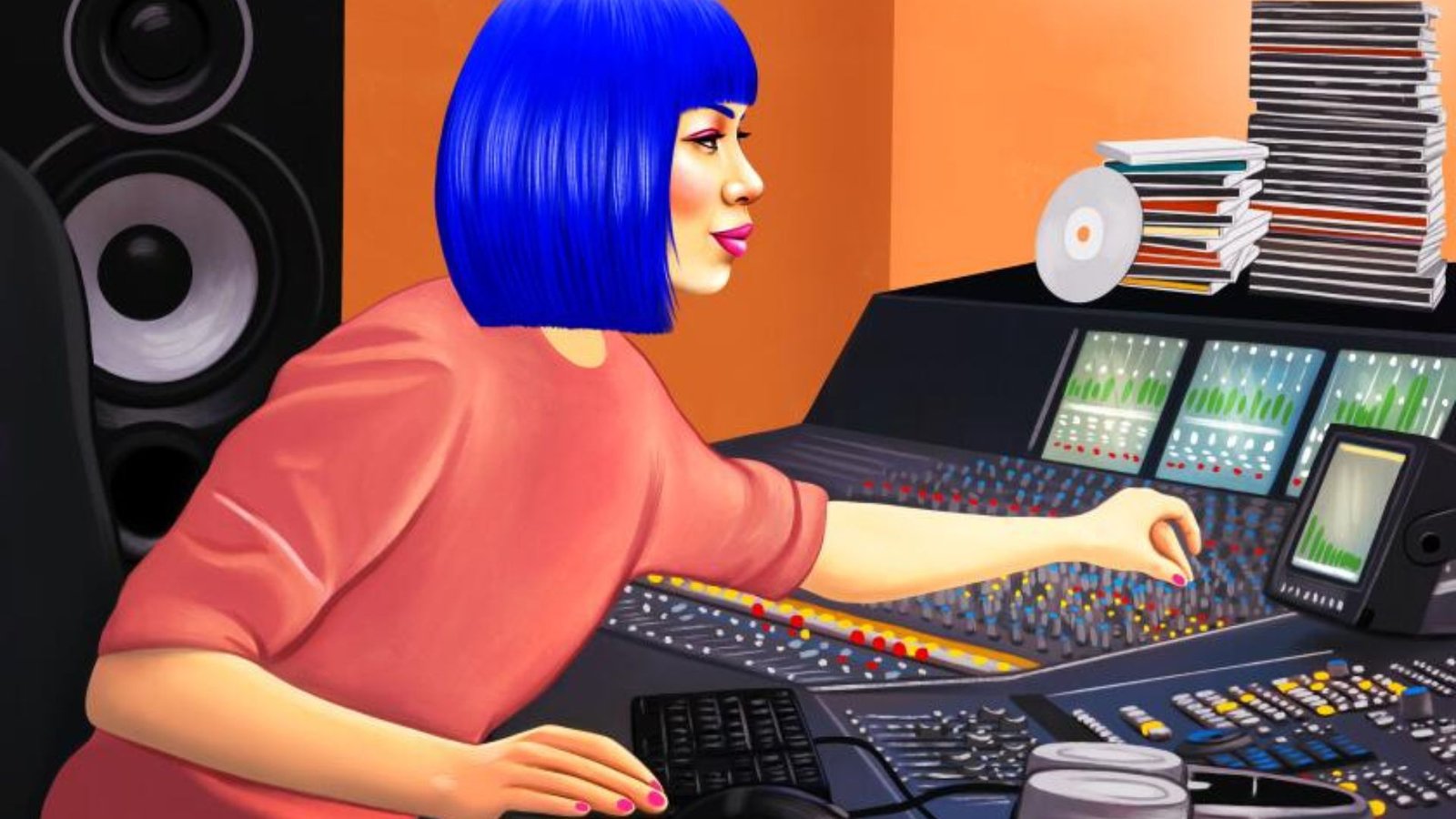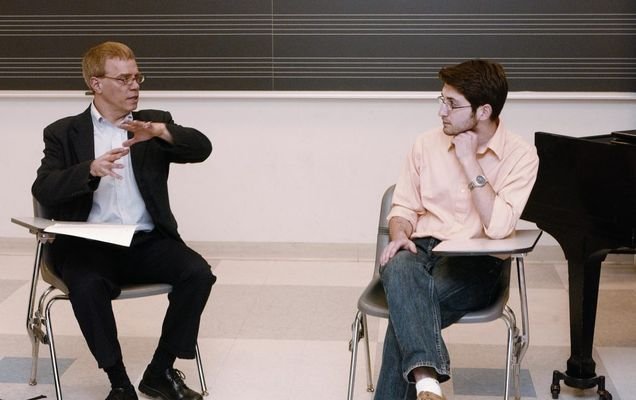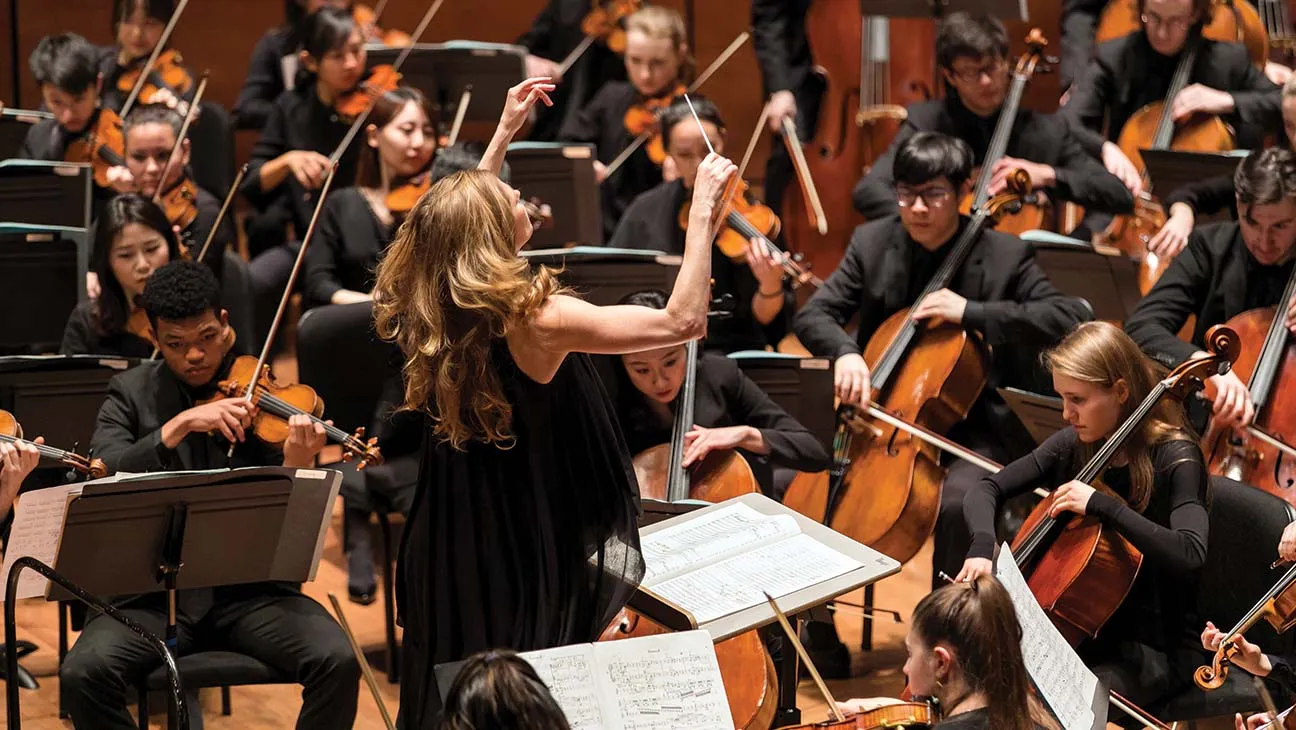Build a Strong Portfolio
Your portfolio is your musical resume. It’s essential to have a diverse collection of work that showcases your skills, versatility, and unique style. When building your portfolio, make sure to include:
- Film scores: Even if they are self-produced or for student films, showing that you can score a film is crucial.
- Original compositions: Demonstrate your ability to compose music across different genres—be it orchestral, electronic, jazz, or pop. This versatility is important, as Hollywood projects often require a mix of styles.
- Demos: Create short, polished demo tracks that reflect your sound and ability to evoke emotion through music.
Network with Industry Professionals
Networking is one of the most important ways to get noticed in any industry, including Hollywood. Building relationships with filmmakers, producers, music supervisors, and other composers can open doors for collaboration and career opportunities. To expand your network:
- Attend music conferences and film festivals: Events like the ASCAP Film Scoring Workshop, Sundance Film Festival, and the Music Expo are great places to meet industry professionals.
- Join composer groups and associations: Becoming a member of organizations like the Society of Composers & Lyricists (SCL) or the Film Music Network can help you connect with fellow composers and potential industry contacts.
- Collaborate with filmmakers: Offer your music for independent films or student projects to build a reputation and gain exposure.
- Use social media platforms: Share your compositions on platforms like LinkedIn, Twitter, or Instagram, where industry professionals often look for talent.
By networking effectively, you increase the chances of your music reaching the right people in Hollywood.
Pitch Your Music to Music Supervisors
Music supervisors are key players in selecting the music for films, TV shows, and commercials. Getting your music in front of them can be a game-changer. Here’s how to approach it:
- Research music supervisors: Identify the music supervisors working on projects in your genre of interest. Learn about their work and their preferences before reaching out.
- Create personalized pitches: Tailor your pitch to each music supervisor, explaining how your music could fit their projects. Attach a few tracks that are relevant to the show or movie they’re working on.
- Use music libraries: Many supervisors turn to music libraries for film scoring needs.
A well-crafted, personalized pitch will show that you understand the industry and have something valuable to offer.
Collaborate with Independent Filmmakers
While Hollywood may seem like a distant goal, independent filmmakers often serve as a valuable stepping stone to getting your compositions into the public eye. These filmmakers are frequently looking for affordable, talented composers to work on their films. By collaborating with indie filmmakers, you can:
- Gain credits and experience: Working on independent films will give you credits to showcase on your resume and help you build your portfolio.
- Showcase your versatility: Independent filmmakers often experiment with unconventional styles, giving you the opportunity to push your creative boundaries and gain recognition for your work.
By building your reputation in the indie film scene, you increase your visibility and create opportunities for bigger projects down the line.









